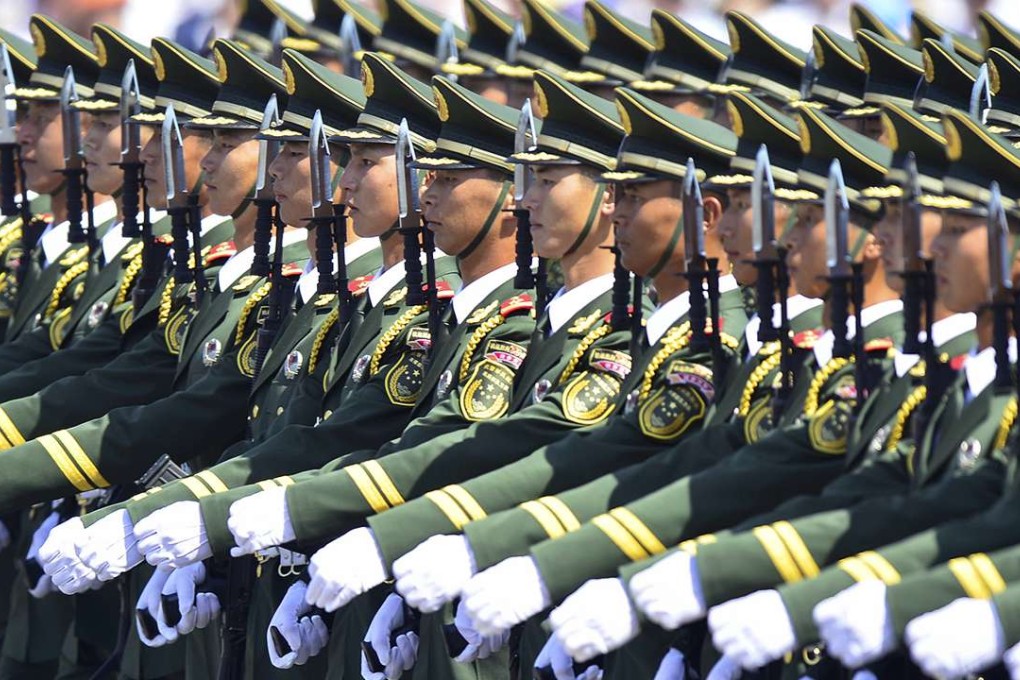Proposal to expand role of China’s armed police force would strengthen Xi Jinping’s power: analysts

A proposal submitted to the National People’s Congress seeks to expand the role of the armed police and put the force more firmly under the command of the Central Military Commission – a move analysts say would consolidate the power of Xi Jinping.
Sun Sijing, political commissar of the armed police and a legislator attending the National People’s Congress in Beijing, had proposed a legal amendment that would clear the way for the changes, PLA Daily reported this week.
The amendment was aimed at ensuring the highest power of command was “firmly in the hands of the Communist Party’s central leadership, the CMC and [CMC] Chairman Xi”, it said.
The amendment has been under discussion since last June, according to the PLA Daily.
READ MORE: Son of China’s ex-defence minister Qin Jiwei appointed chief of staff of military’s armed police
Sun, speaking to the South China Morning Post on the sidelines of an NPC session yesterday, said the armed police were increasingly being used for disaster relief and maritime law enforcement operations and that their expanding duties should be defined in law.